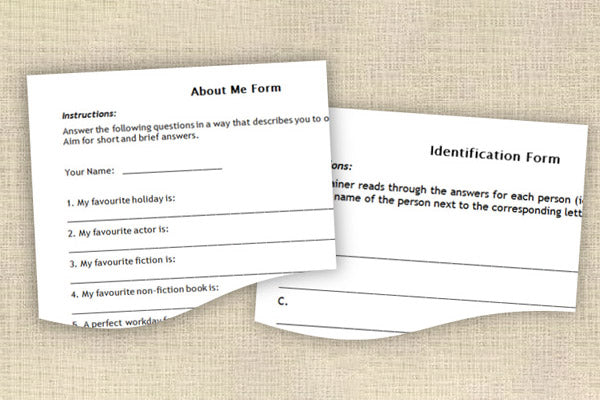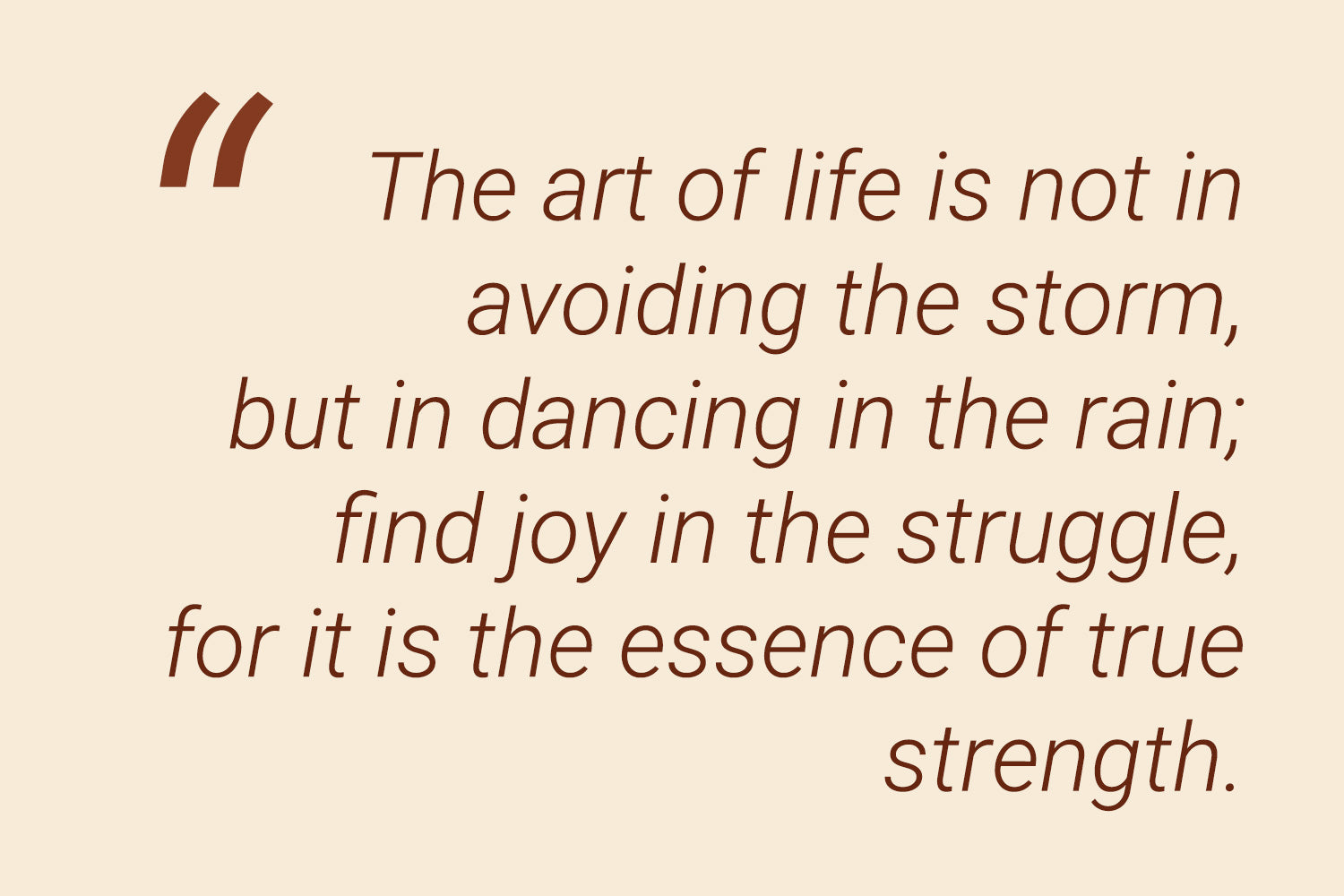Purpose
This exercise increases self-awareness of making assumptions about other people. Making assumptions is part of everyday life as we aim to simplify the complex world around us. However, it is important to be aware of making such snap judgements and don’t get carried away and suffer from the negative consequences of this behaviour.
Objective
Guess what the other person does or feels about a number of topics.
What You Need
- An empty area where a group can easily move around and find new partners.
Setup
- Explain that delegates will be asked a question which they need to answer to their partners.
- Ask the delegates to find a partner. If you have an odd number of delegates, one person will stand out in each round.
- When delegates hear the question each person should give an answer on what they think. The answers should not be discussed or corrected. The aim is only to share the answer.
- When everyone is ready, start by asking the following questions one at a time and allow about one minute for everyone to share their answers. Each person should answer for their partner in each pair.
- What kind of music does your partner like?
- Does your partner add sugar to his tea or coffee?
- What political party does your partner support?
- What kind of movies does your partner enjoy the most?
- What is one of your partner’s hobbies?
- What kind of books does your partner like the most?
- What sport does your partner play?
- Does your partner cycle to work?
- Does your partner play computer games?
- Does your partner enjoy tinkering with computers and gadgets?
- Which one does your partner prefer; camping in an exotic and remote corner of the world or a luxury holiday in a 5-star resort?
- Does your partner prefer a practical 4X4 or a fast car?
- When it comes to giving answers, many may find it awkward to make a direct judgment and then share it with the person they just judged. Sometimes people may get a little upset with the answers given to them, but then this whole exercise is about making judgments. Judging those who judge you could be ironical too. Most often people are amused by the answers given which makes them reflect on how they are seen by the outside world—especially if there is a pattern.
- It is not obvious upfront which assumptions might upset someone but if they get upset, it also says something about them and their view of themselves. Why some people get upset about something while other don’t? This can be something that delegates can reflect on.
- Remember, there is no opportunity given in this exercise to correct the answers. This is not an icebreaker and the focus is not on getting to know each other better. Instead, this one directional approach helps people to focus on what others think of them.
- To make the exercise more interesting, consider going through a second or third round of asking the same set of questions while making sure that in each step people have a different partner. This way they can get several answers on the same question from different people and then reflect on that. To pair people up quickly and efficiently you can consider using a handy tool known as Clock Buddies.
- Allocate a total of 20 minutes for each round.
- Follow with a discussion
Timing
Explaining the Exercise: 2 minutes
Activity: 20 min for each round = 60 minutes for three rounds
Group Feedback: 10 minutes
Discussion
What did you think of the answers given about you? How did it feel to share your guess with the person? Did it feel awkward? Why? Did you spot a pattern on the answers given about you? What does it suggest? How susceptible are you in making assumptions and snap-judgments on a daily basis?
Soft Skills Training Materials
Get downloadable training materials
Online Train the Trainer Course:
Core Skills
Learn How to Become the Best Trainer in Your Field
All Tags
Training Resources for You

Course Design Strategy
Available as paperback and ebook

Free Training Resources
Download a free comprehensive training package including training guidelines, soft skills training activities, assessment forms and useful training resources that you can use to enhance your courses.

Our Comprehensive Guide to Body Language

Train the Trainer Resources
Get Insights - Read Guides and Books - Attend Courses
Training Materials
Get downloadable training materials on: Management Training, Personal Development, Interpersonal Development, Human Resources, and Sales & Marketing














Leave a comment
All comments are moderated before being published.
This site is protected by hCaptcha and the hCaptcha Privacy Policy and Terms of Service apply.